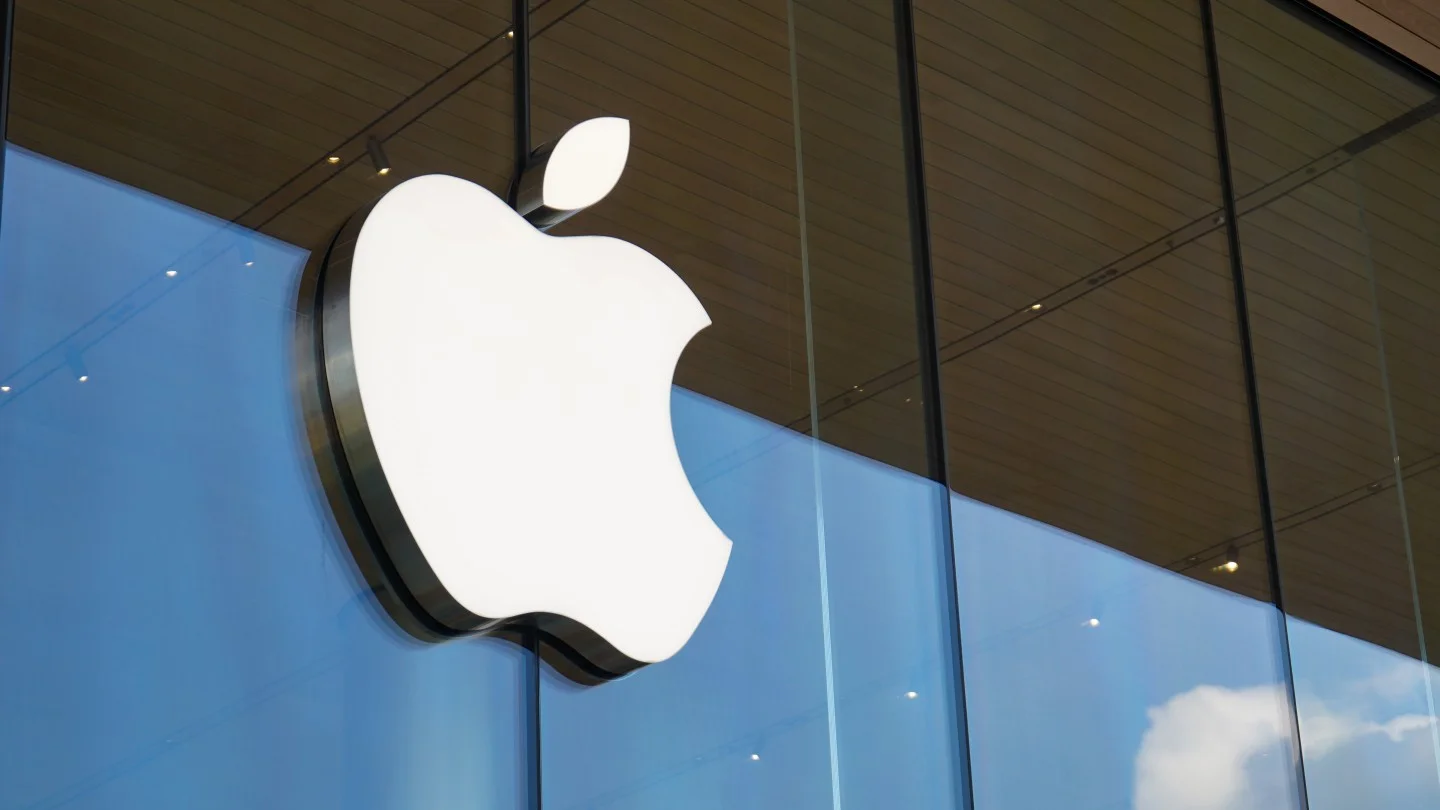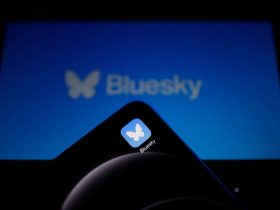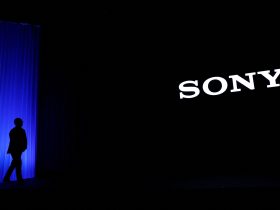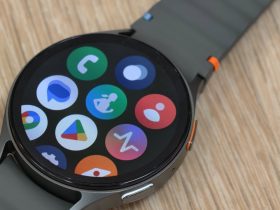Apple has initiated an internal project named ‘Atlas’ to explore the smart glasses market, Bloomberg reports. The study involves gathering employee feedback on existing smart glasses through focus groups conducted by Apple’s Product Systems Quality team.
By testing current products, Apple aims to understand the existing technologies and potential improvements in this category, aligning with its approach to research and product development. The focus group sessions are taking place at Apple’s headquarters in Cupertino, reflecting the company’s interest in wearable technology as part of its broader product innovation efforts.
Apple’s interest in smart glasses aligns with industry competition, as Meta has already entered this market with its Ray-Ban smart glasses. Although Apple’s research into this sector suggests a growing commitment, any resulting product is expected to be several years from commercial release.
The report indicates that Apple is strategically studying market dynamics and customer expectations to create a product that could potentially redefine smart glasses and directly compete with existing products from other tech giants.
Separately, Apple is exploring an investment of nearly $10 million in Indonesia to address local regulatory challenges. Indonesia’s Ministry of Industry recently imposed a sales ban on Apple’s latest iPhones, citing the company’s failure to meet a requirement for 40% domestic content in its products.

Apple’s proposed investment involves establishing a factory in Bandung, which would produce accessories and components for Apple devices, thus supporting local manufacturing. This move could help Apple meet the country’s domestic content laws and re-enter the Indonesian market.
This regulation in Indonesia has also affected other technology companies, such as Google and ByteDance, which faced similar restrictions until they committed to investing in local production.
The Ministry of Industry’s strict stance on local content is seen as part of Indonesia’s broader strategy to boost its domestic manufacturing sector. Apple’s proposal is currently under review, and a decision is anticipated shortly, potentially impacting the company’s market presence in Southeast Asia.
Apple is simultaneously expanding its investment in satellite communications, having recently committed approximately $1.5 billion to Globalstar. This deal involves a significant cash injection of $1.1 billion and gives Apple a 20% equity stake valued at $400 million, strengthening its position in satellite-enabled communication for iPhones.
With $200 million allocated to reduce Globalstar’s debt, this investment reflects Apple’s focus on enhancing connectivity features in its devices, building on its broader strategy to integrate advanced technology and ensure global connectivity for its user base.







Leave a Reply